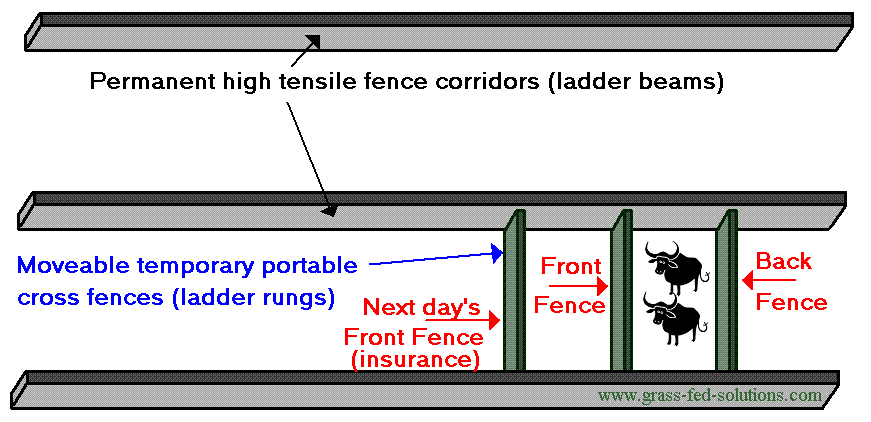That sounds like a really great idea! This won't specifically address your management question, as it seems like other people have given some great advice there, but I did have some thoughts down a different direction. Have you thought about sheep or goats as an option? Even just from a multiple animal species perspective? Cows are great, but there are other options as well, and they all bring different benefits. If you're looking for a bigger return on investment, sheep are a pretty good idea. Cows only have one calf every year, and they have to be at least a year and a half old to breed (depending on the breed, some can take even longer). Sheep can often be bred at half a year old, and have at least two lambs every time. They reach maturity faster, they multiply faster, can be bred sooner, and have more purposes. Plus, you can have more of them per acre. Of course, it all comes down to what your goals are. We have a mixed "flerd" of cows, goats, sheep, and alpacas, and have all the different verities to balance what the animals eat. Cows pretty much only eat grass, goats eat brushy/woody things, sheep eat weeds and shorter grasses, and alpacas eat all the super short stuff. Because of the diversity, our pastures are evenly grazed, and the plants grow back in a more balanced selection. Cow manure is also way harder to deal with. Once a cow poops on something, they won't come back and eat from that same spot for several years because it takes so long to break down to a safe bacteria level. Sheep and goats "rain," so they don't have the same poop intensity, and it doesn't take as long for them to be able to eat off a place again. If you're after pasture impact, smaller animals makes for more hooves, more mouths, and more impact. That being said, cows are still a really great option. They don't take as much fencing to keep in, they graze bigger patches at once, and the market is already established. Sheep and goats have a way different management strategy, and a different (more specialized) market. You could go with one species, and specialize in that area, or you could go for a mixed flerd.
If you do want to stick to cows (and I haven't run large numbers of cows, so this is purely from my breed and management understanding), you may want to consider breeds beyond the traditional Angus and Hereford. We talked to an Aubrac breeder a while ago (Aubracs are a really ancient French breed), and he said the difference between his cows and the neighbors cows was crazy (the neighbors had Angus, for reference). While everyone around him was having to pump out tons of water, extra shelter, and bunches of minerals, his cows went through everything without a hitch. He didn't have to do any specialized management to keep the cows healthy, and his gross profit was higher. Same goes for other ancient breeds like the Shorthorn, Galloway, Highland, and Longhorn. In my opinion, most of the newer and more modern breeds have been so specialized that they've begun to loose the traits they need to survive. Many of today's dairy breeds have been selected to produce SO much milk that they basically milk themselves to death. They have lost the ability to balance milk production with body health. The Angus have been bred to the point that, while they have great feed to meat conversion, they aren't good at getting their own minerals. Old breeds were bred to thrive with minimal input, because that's all the original breeders could provide. That being said, Angus are still really incredible! So if you decide to go into cows, I would suggest looking into some of the alternative breeds as well. Even if you end up going with Angus, make sure you understand the full picture and the other breeds you could pick. Every situation is different, and Angus aren't necessarily the right option to fit your situation.
Holistic Management by Allan Savory and
Keeping a Family Cow by Joann S. Grohman (which is about dairy cows, but still has awesome principles and tips) are both great. I suspect that
Storey's Guide to Raising Beef Cattle would also be a great one, since I've read some of her other books and they've been really good.

 3
3




 7
7




 2
2




 2
2




 4
4




 1
1












